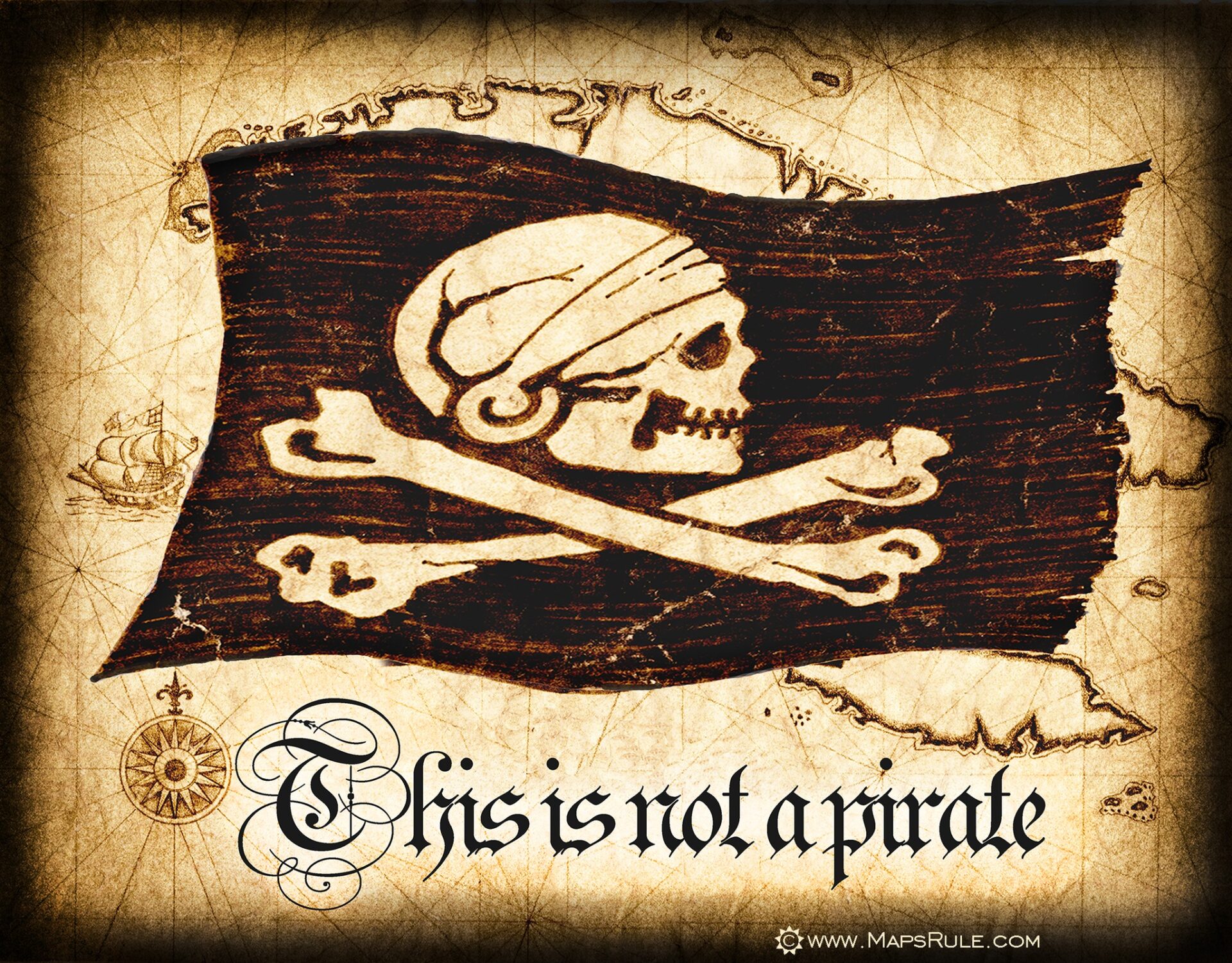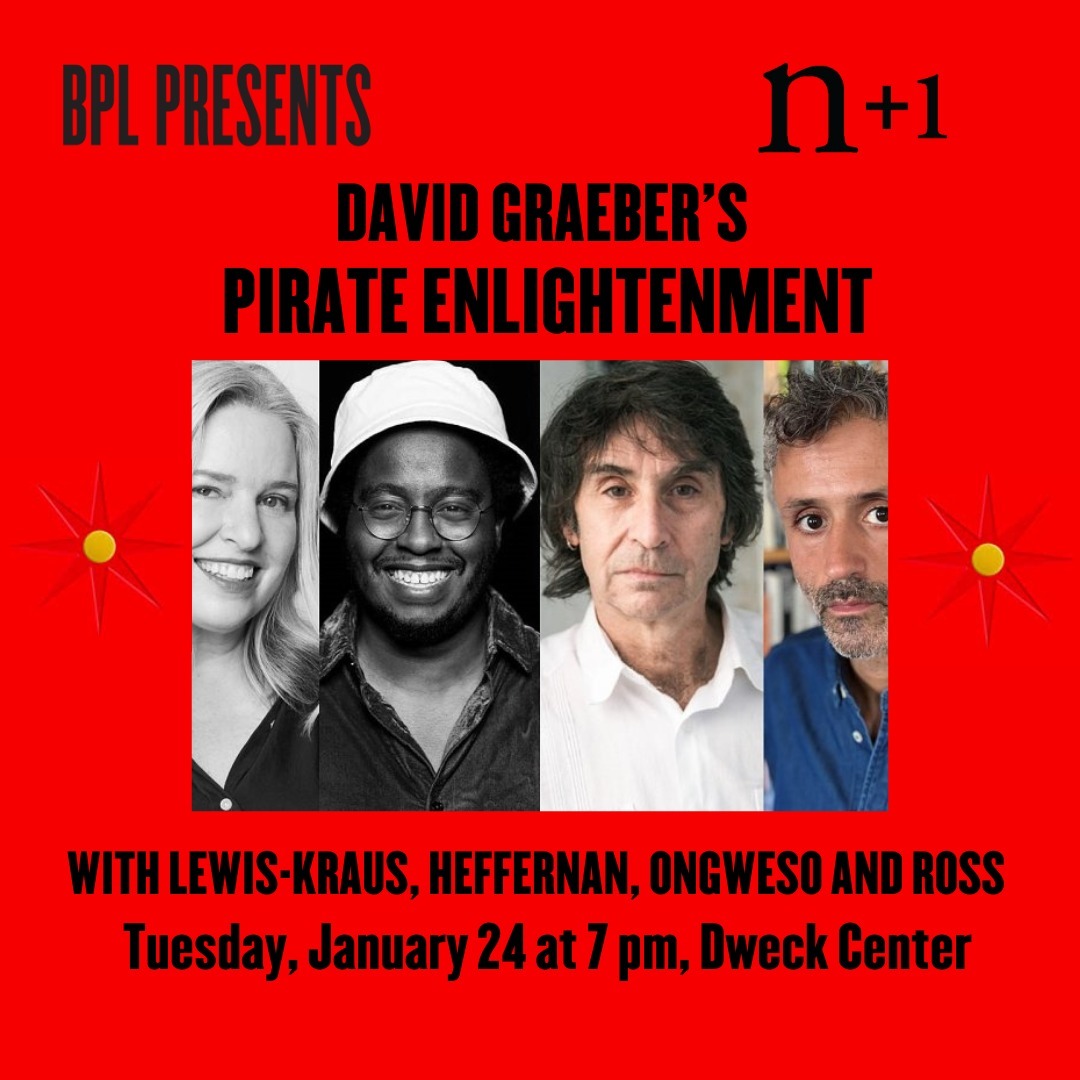‘Existing history is not just deeply flawed and Eurocentric, it’s also unnecessarily tedious and boring’.
PIRATE ENLIGHTENMENT, David Graeber
At times when life on earth is in crisis, David Graeber’s findings open new possibilities. One way he’s been doing this, was by challenging how human history was being told, inviting us to look at alternative change makers whose positive contributions to our societies have been hidden. 18th Century Pirates are one of them.
Project background
When David Graeber conducted his field studies in Madagascar, he discovered the existence of an ethnic group formed by the descendants of 18th century pirates. His research led to the conclusion that pirates’ social practices and forms of organisation, as applied in the new societies that they contributed to create in Madagascar, have influenced the Enlightenment philosophers. These findings, as those published in The Dawn of Everything, challenge the way human history is being told and invite us to move the spotlight towards the stories of alternative change makers that History has rather portrayed in very negative terms, such as Pirates.
Purpose and approach
These new stories are not only relevant for specialists in archaeology, anthropology, or kindred disciplines. They can also be used as building blocks by those movements which purpose is to challenge the status quo and to push for systemic changes. Our current paradigm is rooted in wrong assumptions about actors who made History. Moving the spotlight towards true change makers that History has rather portrayed in very negative terms helps look at the past and at the future through different angles. This can lead to a shift of the public’s mindset that is missing now for change to happen.
As René Magritte did when he denounced treachery of images in his famous painting ‘This is not a pipe’, our initiative is therefore an invitation to look at treachery of concepts, actors, and ideas, with the aim to challenge some key historical concepts and to encourage participants to identify new, more inclusive ways to ‘make society’.
Webinar series
Starting in February 2022, this series seeks to challenge how human history is being told and to introduce ordinary people as subjects of history and society making. Speakers and participants are invited to challenge well established concepts, actors, and ideas, looking at the following:
What are these elements about and why challenging them?
What are the implications of these alternative approaches today?
Why introducing past actors: only to be fair about history or also to build a different society?
Which possibilities does it offer?
To avoid repeating the past mistakes, whom to involve today and how to do it?
What does it imply for our democracies and for public decision-making processes?
Watch the teaser for this series:


